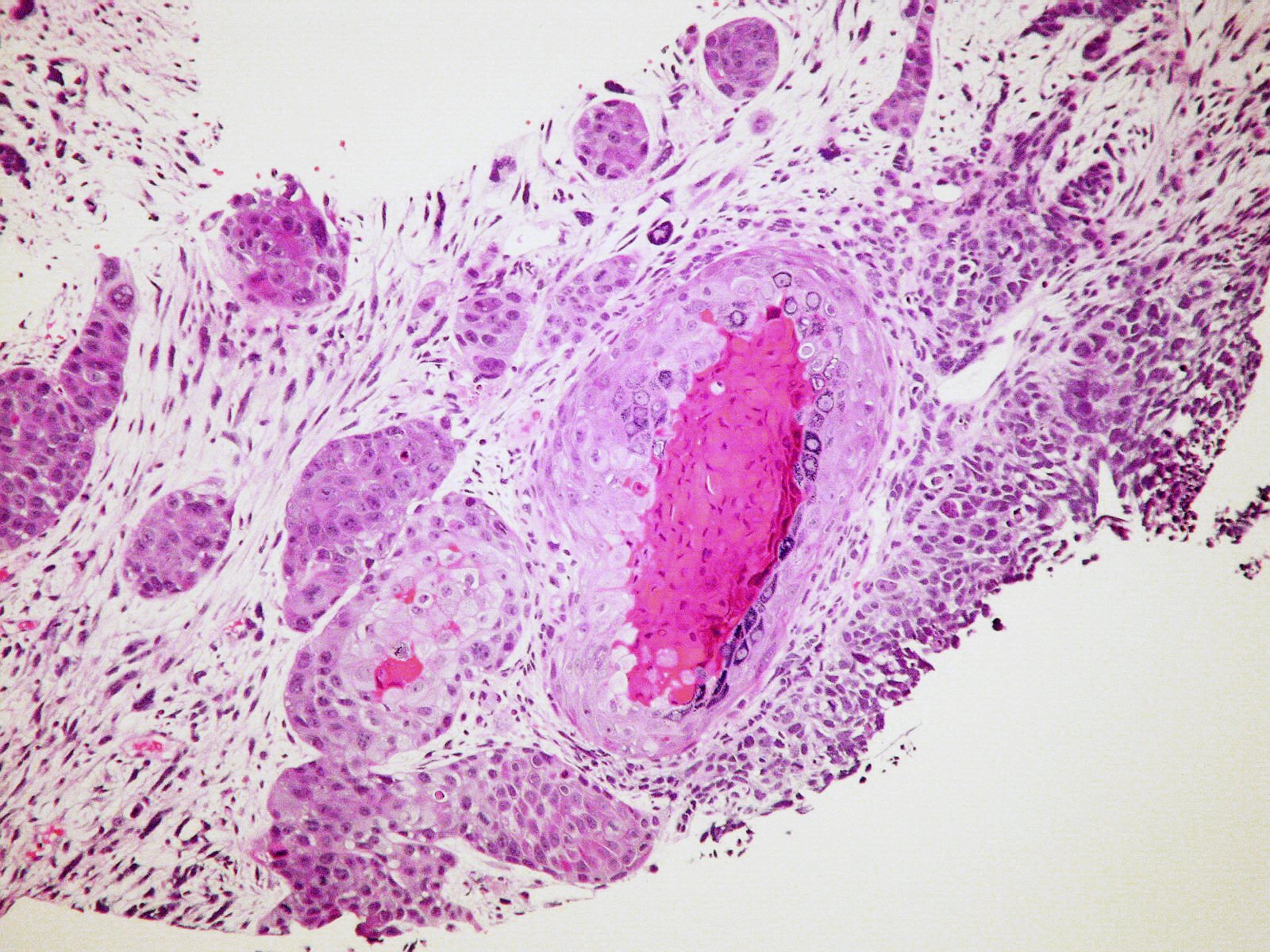Artificial intelligence (AI) has come a long way in recent years and has affected many different areas of our lives. One of the most promising examples is in the field of medicine. As computers help us learn more about the human body, we are closer to treating and curing various diseases, cancer being one of the most nefarious.
Cancer cells can trick the human body into thinking they are harmless, while they are actually spreading to vital organs. Detection is very important and doctors already have technology that can scan the human body for cancer, but the disease can be tricky to spot. Fortunately, AI has stepped up to the plate to help make significant breakthroughs in cancer detection.
Recent trials in Sweden have shown that AI can safely identify cancer in breast screening scans. Not only did the AI find more cancers in patients than scans performed by doctors, but it also had about the same rate of false positives as its human counterparts. If this technology takes off, breast cancer doctors will have a powerful tool at their disposal.
Straight to the Source
Sometimes, however, doctors don’t know the origin of the cancer, despite having access to powerful scanning tools. This is a problem because as long as the original cancer node stays hidden within the body, it can spread to other organs without any resistance. AI can help here, as well.
Researchers are working on a model called “OncoNPC” that can accurately guess where the original cancer node started in patients based on where doctors have indicated the primary site is. But, then, when it was fed data on people in whom the primary site was unclear, 40% of the calculations returned a high-confidence answer from the AI as to where the cancer was located.
This means that doctors can use targeted, concentrated treatments on the primary cancer site instead of weaker options that target the whole body.
Precision Matters
When doctors perform a scan for cancer on an organ, they have to be very precise as to what parts are cancer and what parts are not. If the doctor doesn’t get all the cancer, the remaining part will spread again; if the doctor goes too far, they will harm healthy tissue.
Now, AI can do the heavy lifting. An AI model called OSAIRIS is being trained to automatically draw the border between cancer and healthy tissue and can do so two and a half times faster than a doctor.
Of course, given how important this data is to the health of the patient, a doctor does look over the results to ensure the AI has done a good job. But because the AI can work tirelessly,
it can churn through all the data in the background while the doctor does other things. AI can even help shorten the waiting time for surgery.
The best part is that we are still in the early days of medical AI, and there’s a lot more potential for the future. Who knows, maybe your next doctor will be a robot.
Learn More
AI Use in Breast Cancer Screening
AI Can Help Determine Origin of Cancer
https://news.mit.edu/2023/ai-model-can-help-determine-where-patients-cancer-arose-0807
AI Cuts Waiting Time for Cancer Patients
https://www.cuh.nhs.uk/news/ai-cuts-waiting-times-for-cancer-patients-in-nhs-first/
Can AI Help See Cancer
https://www.cancer.gov/news-events/cancer-currents-blog/2022/artificial-intelligence-cancer-imaging
AI Cancer Detection Tool
https://news.mit.edu/2023/ai-model-can-detect-future-lung-cancer-0120
AI and Machine Learning in Cancer
https://www.targetedonc.com/view/artificial-intelligence-and-machine-learning-in-cancer-detection
Future of AI in Cancer Care
https://ascopost.com/news/october-2023/the-future-of-ai-in-cancer-care/
AI Chatbots and Cancer Questions
https://www.cancer.gov/news-events/cancer-currents-blog/2023/chatbots-answer-cancer-questions

